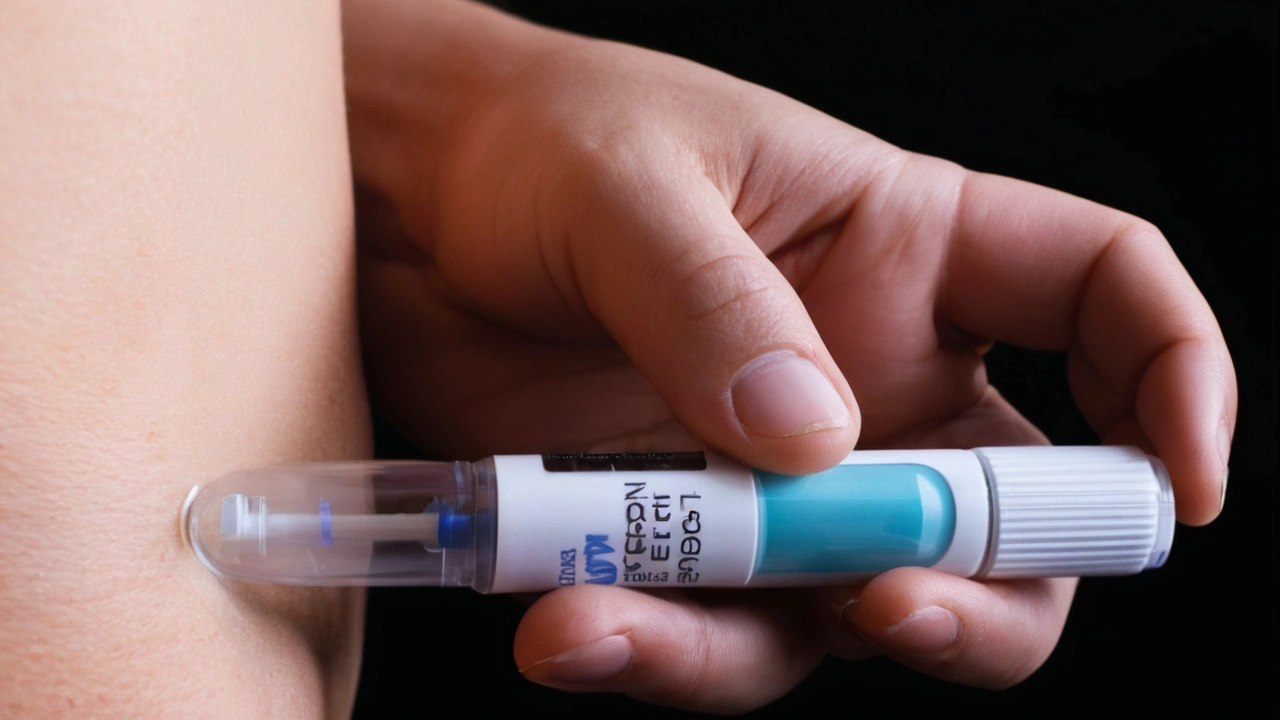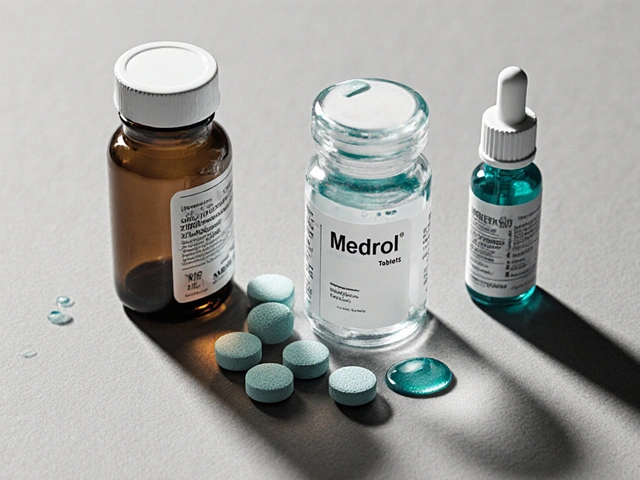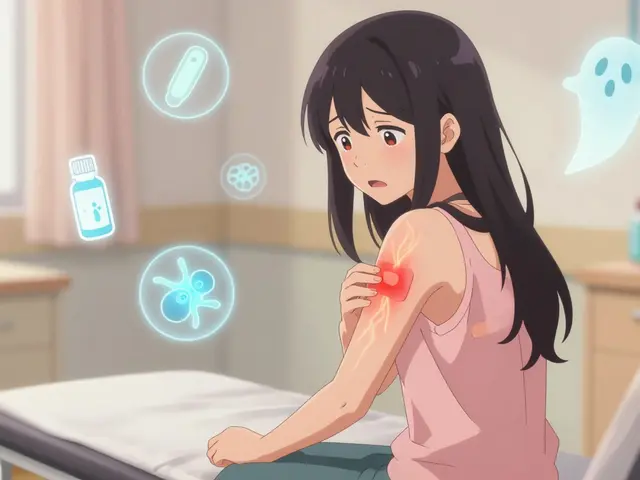Influencers Promoting Weight-Loss Drugs: A Dangerous Trend
The rise of social media influencers has brought about many positive changes, such as more accessible beauty tips, fitness routines, and lifestyle hacks. However, this same platform is now seeing an alarming trend: the promotion of weight-loss drugs. A recent incident brings this issue to the forefront. An influencer with a following of 5,000 approached a UK-based online pharmacy to offer a 35% discount code for Mounjaro, a weight-loss drug. The pharmacy rightly refused, citing ethical concerns.
This rejection by the online pharmacy is a breath of fresh air in a landscape where quick financial gains often overshadow moral principles. But why is this practice so problematic? For starters, marketing medications through social media influencers undermines professional medical advice. Weight-loss drugs are not candies; they are potent substances that should only be distributed under strict medical supervision. By offering a discount code, influencers are trivializing serious medications, encouraging their followers to purchase them without fully understanding the potential risks involved.
The pharmacy's refusal to partake in this unethical promotion highlights a significant problem: the lack of regulation in the online pharmacy industry. With e-commerce founded on trust and ease, many legitimate online pharmacies have sprung up. However, with the good comes the bad, and unregulated or poorly regulated online pharmacies blur the lines of safety and ethics. Influencers exploiting this gray area can lead to the dangerous misuse of medications among impressionable followers.
The Specific Dangers of Promoting Weight-Loss Drugs
The influencer who approached the online pharmacy had a particularly concerning method of using Mounjaro – by extracting residue from the drug's pen device. This method is alarming as it could lead to incorrect dosages. Incorrect dosing can result in a myriad of adverse effects ranging from mild discomfort to severe health complications. This dangerous method not only jeopardizes the health of those following the influencer's recommendations but also highlights the influencer's lack of medical knowledge and blatant disregard for safety.
Weight-loss drugs like Mounjaro are formulated with precise dosing mechanisms for a reason. Altering these mechanisms, as suggested by the influencer, skews the intended effect of the drug, making it potentially harmful. This can cause severe side effects or reduce the drug's efficacy, leading to unintentional overdoses or underdoses. Furthermore, influencers are not medical professionals. Their advice, especially concerning medication usage, should always be taken with caution and, ideally, refuted by healthcare providers.
Another crucial point is the demographic of these influencers' followers. Influencers often have a young, impressionable audience. Promotion of weight-loss drugs on such platforms may result in individuals as young as teenagers resorting to these dangerous methods to lose weight. They might perceive the influencer's words as gospel, blindly following potentially harmful advice.
The Role of Regulatory Bodies
This brings us to the role of regulatory bodies like the General Pharmaceutical Council (GPhC). There is an urgent need for stricter regulation and monitoring of how medications are marketed online. It is high time for bodies like the GPhC to take definitive action against such dangerous promotions. Promoting medications without proper evaluation or oversight is not only reckless but also endangers public health. Regulatory bodies need to ensure that online pharmacies adhere strictly to ethical marketing practices, placing the safety of consumers above all else.
A comprehensive regulatory framework should include stringent penalties for both influencers and online pharmacies engaged in such practices. Regular audits and checks should be enforced to ensure compliance. Public awareness campaigns educating the public on the risks of purchasing medications online without proper prescriptions and medical consultations could also play a significant role in mitigating this issue.
Responsible Marketing Practices
While influencers wield significant power, it is essential for them to understand the responsibility that comes with this power. Partnering with brands and promoting products that are safe and ethically sound should be a guiding principle. Brands, including online pharmacies, should also be discerning about whom they choose to represent them. A mutually beneficial collaboration should always prioritize the well-being of the audience over financial gains.
Transparency and honesty in promotions can preserve the integrity of both influencers and brands. Instead of pushing potentially harmful medications, influencers can focus on promoting healthy lifestyle changes. Collaborating with healthcare professionals for informative content can strike a balance between gaining followers and ensuring their safety.
Concluding Thoughts
The rejection of the influencer's request by the online pharmacy should set a precedent. It is a necessary reminder that ethics and safety should never be compromised for profit. Influencers must rethink their strategies, understanding the severe implications of promoting medications without proper channels and oversight.
In a time when social media influence continues to grow exponentially, maintaining ethical standards is more important than ever. Influencers, online pharmacies, and regulatory bodies all have roles to play in ensuring the safety of the public. The call to action is clear: stop the reckless promotion of weight-loss drugs, and prioritize the health and well-being of consumers. Only through such responsible measures can we hope to safeguard public health in an increasingly digital world.







Anil Bhadshah
August 1, 2024 AT 06:46